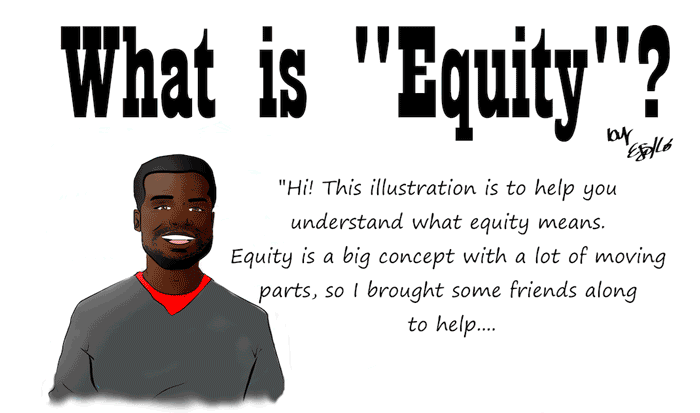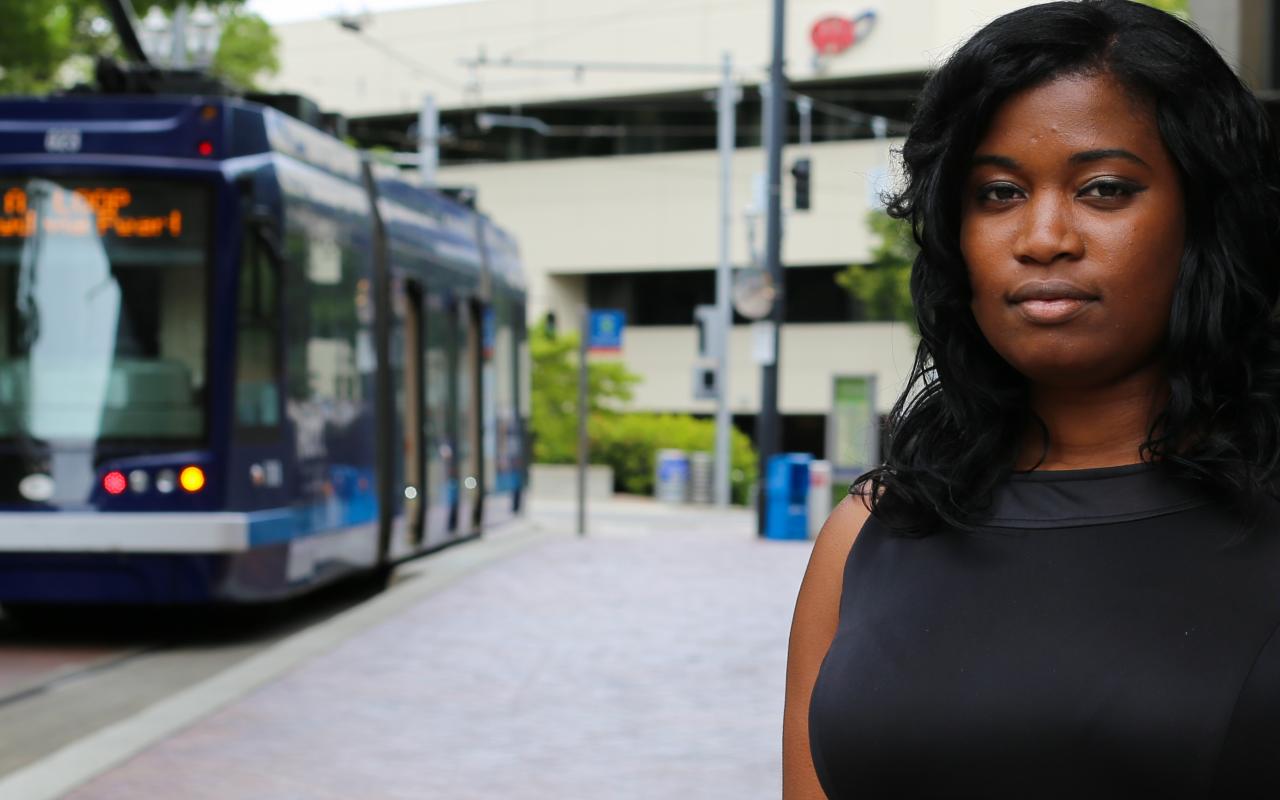Imagining the future in a building with a sordid past
Living Cully’s efforts to purchase the Sugar Shack aim to ensure that Cully residents can stay and rise with the neighborhood at a moment when gentrification is displacing low-income residents priced out of urban communities around Oregon.
Back in 1998, the year Street Roots started publishing a newspaper focused on homelessness and poverty across Portland, residents of the Cully neighborhood in Northeast Portland got some bad news: The old Young’s Marketplace building, about two miles south of Portland International Airport, was about to become an adult video store with "related businesses," as The Oregonian reported.
That set off alarms. The neighborhood had been fighting a crime problem for years and making progress. A porn shop was a step in the wrong direction.
Neighbors tried to stop the plan, but couldn’t. Over the next few years, the L-shaped building turned into a sort of porn supermarket, featuring not only videos but strippers, dancers and, reportedly, prostitution. The black-and-white checkered Sugar Shack building was a neighborhood black eye. Neighbors groused but had little recourse.
Then in 2014, the owners of the Sugar Shack were indicted on charges of tax fraud. It was the opening the neighborhood needed. The building and land went up for sale and a community organization called Living Cully, a collaboration between several groups representing Latinos and Native Americans in the neighborhood, rallied support to buy the lot for $2.3 million, putting up the first $55,000. Hundreds of Cully residents raised another $50,000 towards the purchase.
Meyer Memorial Trust awarded $200,000 to secure the loan to the collaboration of Verde, Hacienda Community Development Corporation (Hacienda CDC), Native American Youth and Family Center (NAYA) and Habitat for Humanity Portland/Metro East.
Today, what was once a neighborhood blight is a vessel of hope for the Cully neighborhood, one of Portland’s most racially and economically diverse neighborhoods. While the area around the Sugar Shack is becoming increasingly gentrified, making it harder for low-income people and people of color to stay in the neighborhood, the new Living Cully Plaza aims to ensure that Cully residents can stay and rise with their community.
Tony DeFalco, the Living Cully coordinator for Verde, said local stakeholders will define the future uses of the site.
"We’re looking at a whole range of things," DeFalco said. "Community-serving retail, potential for job and economic activities for people to work at or grow their businesses out of."
DeFalco said the 26,000-square foot building will reflect the character and face of the neighborhood and its goals. For months, volunteers have been cleaning up the property, picking up trash, landscaping, and even painting a mural. In 2016, they expect to decide how to use the space.
DeFalco said what’s happening with the Sugar Shack property shows what can happen when groups work together.
"The biggest thing it shows is the power of a real collective impact model," said DeFalco. He said that when groups with a variety of interests merge their thinking and their power, they can attract the support they need to make change happen.


